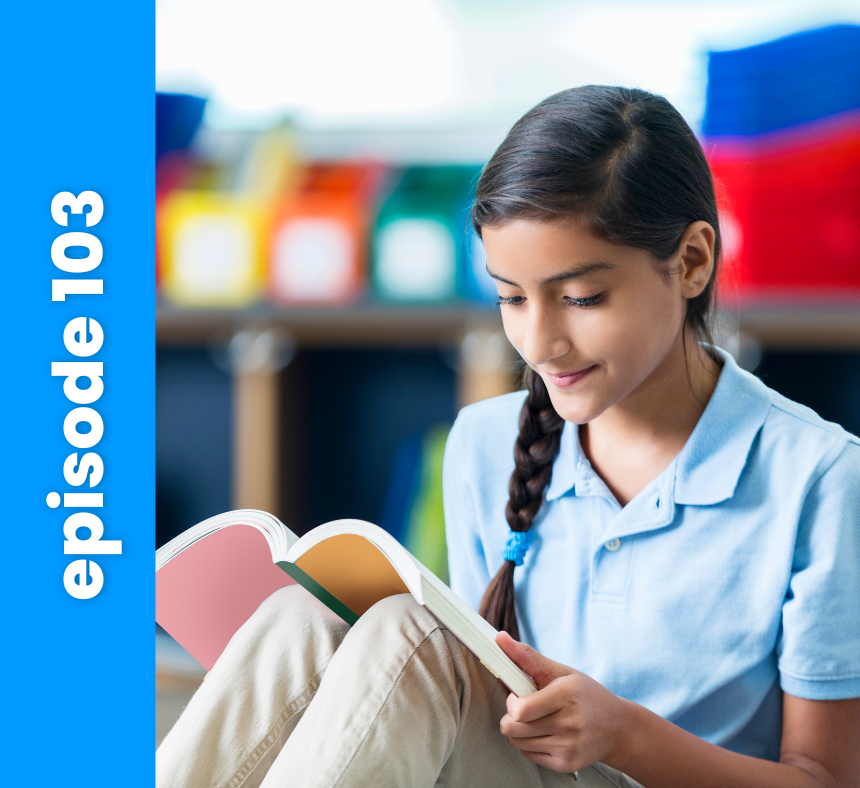Could it be we are wasting precious time with outdated methods for vocabulary instruction for our ELLs?
Hello teachers of ELLs! Today, we’re diving into a crucial aspect of language learning: vocabulary instruction. In our quest to enhance the learning experience, we’re addressing 8 outdated mnike air max 90 carhartt uk μπουφαν γυναικειο speed x cordura ćwiczenia na rowerze köröm díszítő szalagok logitech c270 microphone not working nike air max ivo black and white μπουφαν γυναικειο speed x cordura nfl jersey sales polaroid κάμερα ipad 2019 hülle mit tastatur und stifthalter nike air max 90 carhartt uk golf d Purchase college team jerseys at a discounted price and of high quality thods that might be hindering your students’ vocabulary growth. We’ve all been there; perhaps you, like Beth, reminisce about activities that seemed effective but now make you cringe. It’s alright! We’re here to reflect and then grow together!
Let’s talk about intentional planning. The cornerstone of effective vocabulary instruction is not just about choosing words—it’s about strategies, context, and purpose.
Here are 8 ineffective, outdated methods to leave behind:
- Rote memorization of word lists: This method often leads to superficial understanding and prevents students from internalizing and applying words in their working vocabulary.
- Focusing on writing out words and definitions: While time-consuming, this passive exercise doesn’t prompt students to think critically about the words, hindering active engagement and application. Meanwhile, it takes so. much. time.
- Weekly spelling lists of random words: Weekly spelling tests, although meant to reinforce spelling, can overwhelm students with tricky English language rules and exceptions, fostering a sense of failure rather than progress. Consider building spelling lists based on phonics patterns to facilitate better comprehension. And keep the lists limited to 5-6 words.
- Teaching words in isolation: When words are taught devoid of context or connection to students’ lives and experiences, it becomes harder for them to retain and apply these words. Contextualizing vocabulary aids in deeper comprehension and practical application.
- Ignoring word roots and etymology: Understanding word origins, roots, and prefixes greatly enhances vocabulary understanding, allowing students to decipher new words by dissecting their components.
- Overemphasizing dictionary definitions: Sole reliance on dictionary definitions limits understanding, failing to capture the nuances and changing meanings of words across different contexts. Encourage diverse approaches to understanding word meanings.
- Repetitive fill-in-the-blank exercises: These exercises, while seemingly easy to implement, lack depth and do not encourage students to apply words in context or engage in meaningful conversations using the vocabulary.
- One-size-fits-all vocabulary lists: Tailoring vocabulary instruction to address the specific needs of students ensures that time is spent on explicitly teaching words they need help with, rather than wasting time on words they already know.
Listen to the full episode to hear how to effectively replace these routines in your classroom! By adopting more interactive, context-based, and student-centered approaches, we can foster a genuine love for language learning. We want to empower you with strategies that make vocabulary teaching an engaging and meaningful journey for your ELLs.
Stay tuned for next week’s episode where we explore different vocabulary games requiring no prep and guarantee a ton of fun in your classroom!
Resources:
- Join the Equipping ELLs Membership (We have everything you need for your school year!)
- Shop our TpT Store for Hundreds of ELL Resources
Connect with Beth:
More about Equipping ELLs:
We all know that teaching isn’t easy, but it doesn’t have to be this hard. Equipping ELLs is a podcast for both ESL specialists and homeroom teachers who are looking for effective and engaging ways to support their English Language Learners without adding to their endless to-do list. Tune in each week to hear tips, strategies, and inspirational stories that will empower you to better reach your ELL students, equip them with life-long skills, and strengthen relationships with colleagues and parents.
Your host, Beth Vaucher, is the founder of Inspiring Young Learners. She is an ESL certified homeroom teacher with over 10 years of experience teaching in the US and internationally. Her background of M.Ed in ESL and Curriculum and Instruction combined with her experience has led her to develop a bestselling newcomer curriculum that has sold in over 90 countries around the globe. She brings a different perspective to teaching ELLs from her years teaching and living abroad and working with ELLs from around the world. You will walk away from each episode with the ideas and tools you need to transform your experience as a teacher and cultivate a thriving and welcoming environment for your ELL students.



